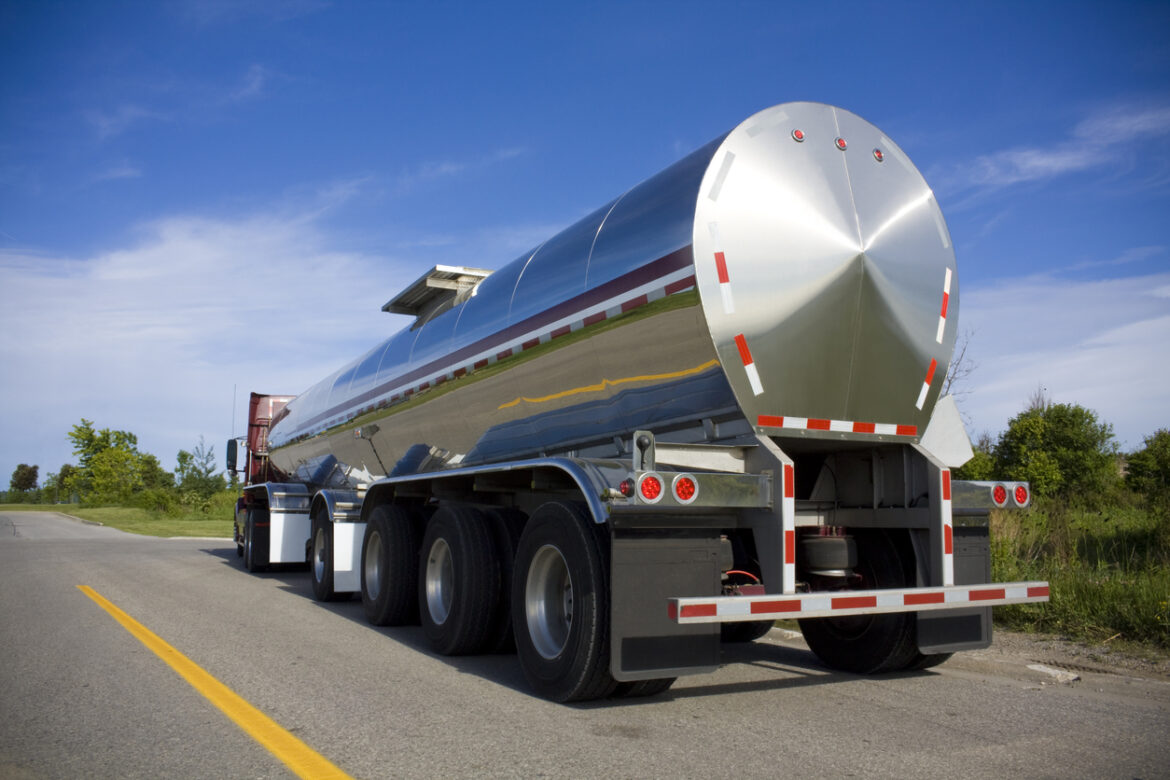
Supply Chain Logistics Part 1: Fuel Procurement, Contracts & Allocation
In the most recent post in our Supply Chain Logistics blog series, we explored how data-driven technology can power accurate, consumption-based inventory forecasting. After your fuel order is generated automatically by the forecasting engine, the question then becomes, what next? The key lies in efficient delivery – getting the product to your customers on time, every time, with accurate invoicing on the same day.
Like so many facets of the retail fuel business, dispatching has long been a manual process dependent on phone calls, faxes, and mountains of paperwork to coordinate deliveries. Carriers predominantly receive daily loads via email, with no easy way to adjust for terminal outages or optimize routes based on capacity and timing.
This manual approach creates a perfect storm of inefficiencies:
Every day we read about fuel businesses growing revenue, expanding their footprint or prepping for the next big acquisition. Today’s ultra-competitive landscape demands that fuel operators work more efficiently than ever to grow revenue while keeping stakeholders and customers happy.
That’s where universal dispatch comes in. Imagine a centralized hub that acts as a single source of truth for all your fuel delivery data. Universal dispatch uses various forms of integrated technologies such as APIs and ATG feeds to connect your disparate systems, enabling the seamless exchange of information. In other words, your systems finally talk to each other, enabling real-time data exchange and automation for better decision-making.
Here’s how automating order creation and load planning with universal dispatch leads to key advantages over traditional methods:
Universal dispatch systems provide a unified view of your entire delivery process, from order creation and dispatch to modification and delivery. The end-to-end visibility with up-to-the minute data minimizes errors, streamlines operations and optimizes revenue through smart inventory management.
Next up: Back-office magic
Coming up next in our deep dive supply chain series, we’ll focus on the magic of automating back-office functions like reconciliation to further fuel your success.
To speak with a Titan Cloud solutions consultant about how our supply and logistics module can help you optimize fuel planning and automate for success, visit us here.
